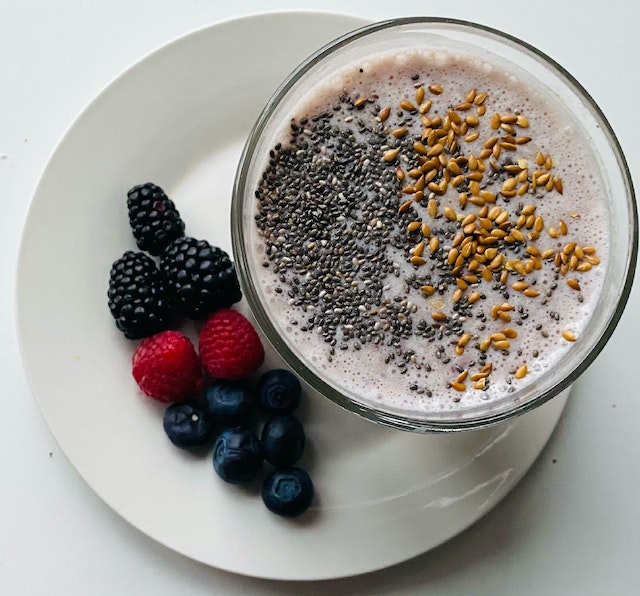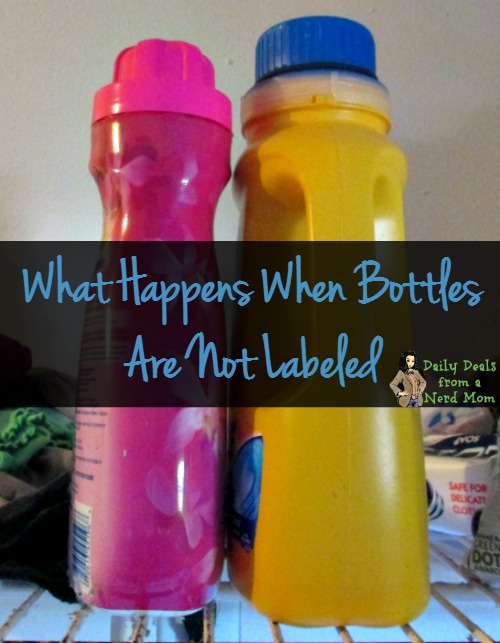How To Know When You’re Not Getting Enough Nutrients
A healthy diet not only gives you energy but also gives you nutrients that are needed for healthy cell repair. It makes sense, then, that not getting enough nutrients can damage your body in a variety of ways. It’s crucial to look out for these signs that you’re not getting enough nutrients – or not getting enough of the right nutrients – so you can make the crucial changes to your diet and lifestyle that will be needed. Read on to find out what you should be looking for.

You Have Low Energy
If you’ve been feeling tired for a few weeks, no matter how much or how well you sleep, you might want to look at what you’re eating. When we always eat too little, or we don’t eat the right things, our bodies can’t get the fuel they need. You might feel tired and sluggish because of that.
This is often the case with diets that are low in carbohydrates. Since starchy carbohydrates are the body’s main source of fast energy, it makes sense that cutting them out of your diet can leave you with less energy than you would like.
Look at what you usually eat and drink, both in terms of how much and what kinds of things you eat. Do you eat meals that are well-balanced and include starchy carbohydrates? Do you eat when you’re hungry and pay attention to what your body is telling you? Take a moment to think about this and see if there are any changes you can make.
Hair Loss
Around 100 hairs will fall out every day, and that’s perfectly natural. But if you find handfuls of hair wherever you go, whether it be in the shower, on your pillow, or on your clothes at the end of the day, you may be iron deficient.
Don’t worry, though; insufficient intake of this nutrient is the most widespread health problem on the planet. If your doctor suspects that something is wrong with your levels, they can do a simple blood test to check. If you are low in iron, you’ll need to eat more protein to make up for it. This can be hard for vegetarians and vegans, but there are supplements that will help.
Of course, hair loss can be a symptom of many things, which is why it’s always worth checking with your doctor. It might be that you’re stressed, for example, in which case eating Delta 9 Gummies and relaxing more could solve the problem.
Dry Skin
Sometimes people have dry skin, especially when it’s cold outside. But if your skin feels drier than usual, it may be because you don’t eat enough healthy omega-3 fatty acids.
Omega-3s help feed your skin’s lipid barrier, which is the layer of oils that keeps harmful bacteria and toxins out and keeps important moisture in. If you don’t get enough omega-3s, your skin will lose moisture, which can make it feel rough and scaly. If your skin isn’t getting enough water, you may even see more wrinkles and signs of aging. Eat more essential fatty acids to keep from becoming short on omega-3 fatty acids. Fatty fish like salmon and sardines, as well as walnuts, flaxseed, and chia seeds, are among the foods that can help you.
Dizziness
An early physical symptom of not getting enough nutrients is often dizziness. If you haven’t eaten in a while, your blood sugar may drop dangerously low. Check your diet if you’re feeling dizzy all the time and can’t place the cause – perhaps you’re not feeding your body in the way it needs.
Foods that contain both carbs and protein, like an almond butter-slathered banana, some berries, and nuts, or some vegetable sticks dipped in hummus, can provide a quick energy boost. Blood sugar levels will rise and stay up after eating this combination of carbs and protein, giving you more stamina.
However, if the dizziness continues despite these modifications to your diet and way of living, it’s best to consult a medical professional to rule out more serious causes.
Cuts That Won’t Heal
Most cuts and scrapes do take a little time to heal, but if you don’t get enough nutrients, even the smallest cut can seem to last forever. And even if it does start to heal, low nutrient levels can mean it opens up again easily, and the healing process will have to start all over again. Slow wound healing could mean that you need to eat more protein. Protein is an important part of building and fixing tissue. For more protein, drink a glass of milk with your breakfast, put beans in your salad, or spread peanut butter on your apples, for example. It’s an easy thing to do.


